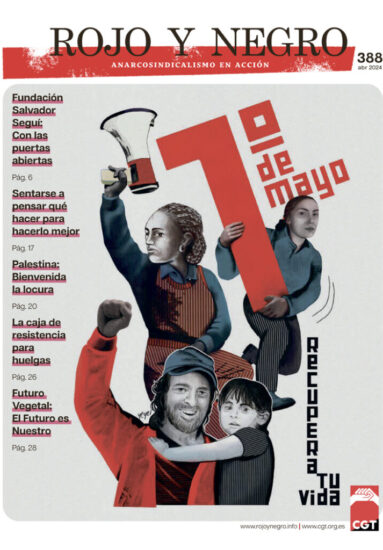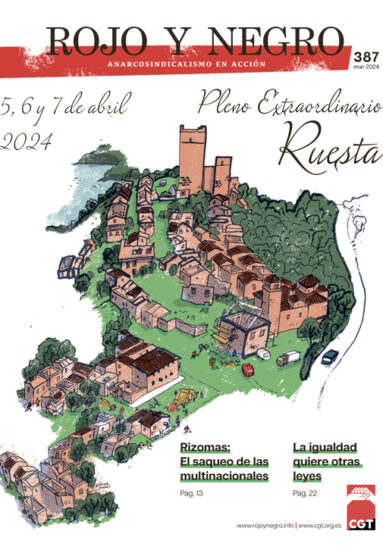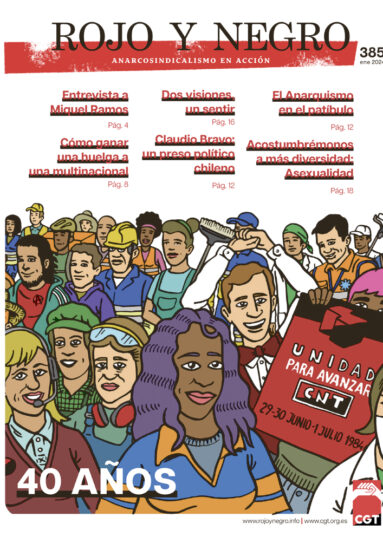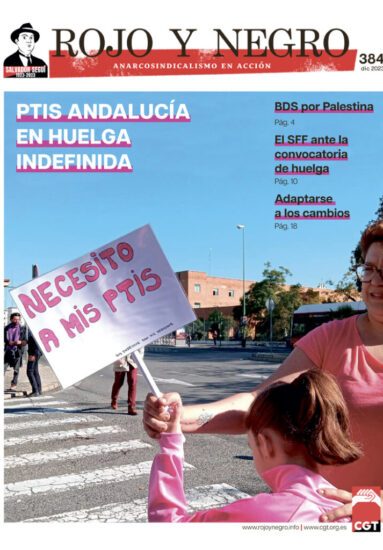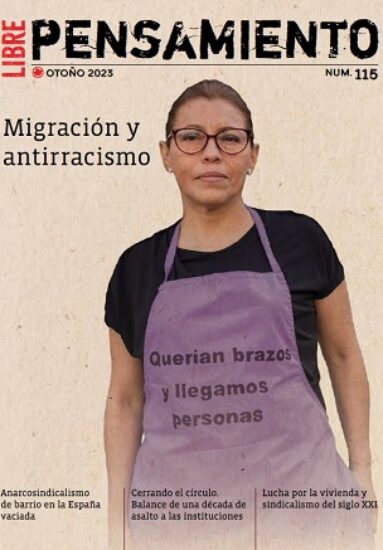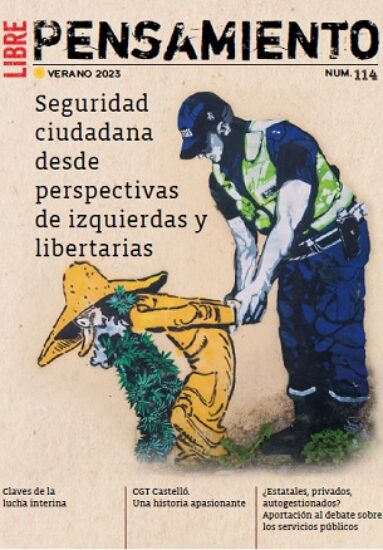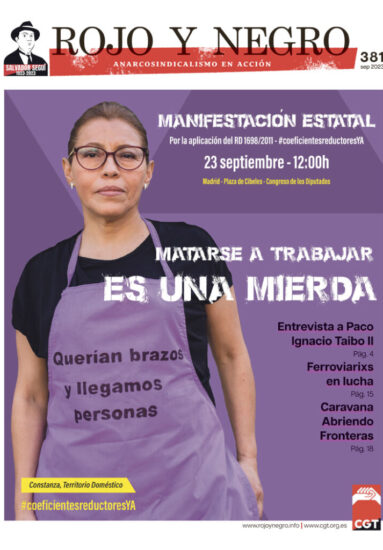A veces ciertos acontecimientos regionales, nacionales o internacionales adquieren gran significado y tallan un hueco en nuestra memoria donde permanecen por el resto de nuestras vidas ; asumiendo, claro está, que tales tengan importancia personal. Para muchos que sobrepasábamos el uso de razón hace cuarenta y cinco años, surgieron sucesos clave en octubre de 1962 que alteraron nuestras vidas para siempre.
Aquí en el Noroeste del Pacífico (EEUU) el 12 de octubre cesó de simbolizar la llegada de aquel hombre, Cristóbal Colon, a las Americas convirtiéndose en una fecha, un aniversario de otra llegada : la Tormenta del Día de Colon – un desastre natural sin precedente por estos lugares, con ráfagas de viento de hasta 270 Km. /h, que dejó a su paso 46 muertos y daños económicos que superaron los mil millones de dólares (actuales). En su aniversario, la conversación gira en torno donde se encontraba cada uno ese día ; no en la posible ascendencia de Colon, o en sus tres carabelas.
La independencia de Uganda o la entrada de Argelia en la familia de la ONU fueron acontecimientos importantes para la gente de estas naciones ese octubre ; pero, fueron dos eventos internacionales los que conmocionaron al mundo, uno con una dimensión critica temporal, el otro de naturaleza religiosa. Tres días después que el Papa Juan XXIII convocara el Concilio Vaticano Segundo, que pregonó cambios mas allá de la liturgia católica, el mundo se vio amenazado con guerra nuclear : el comienzo de la Crisis de Misiles Cubana – conocida como “Crisis del Caribe” para los soviéticos, y “Crisis de Octubre” para los cubanos.
La crisis duró dos semanas… entre el 14 de octubre, cuando un vuelo U-2 sobre Cuba fotografió la instalación de armas nucleares soviéticas ; y el 28 de octubre, fecha en que Kruschev ordenase el desmantelamiento de sus misiles en Cuba, de esa forma terminando el estancamiento entre las dos potencias. Lo que no fue dicho en público entonces, quedando en secreto en este acuerdo donde U Thant, Secretario-General de la ONU tuvo una participación importante como intercesor, fue el quid-pro-quo entre EEUU y la URSS que incluyó el desmantelamiento de misiles nucleares estadounidenses en Turquía. Eso invistió a Kennedy con un aura de héroe e hizo de Kruschev un perdedor… algo que empañaría sus dos años restantes en el poder.
Dos décadas después un destino similar al de Kruschev le caería al último líder soviético, Mikhail Gorbachev. Un reformista que intentaba traer una vida mejor para el pueblo soviético bajo el estandarte de Perestroika-Glasnost, como a su predecesor Kruschev, se le terminó considerando por muchos como perdedor frente a su homólogo estadounidense, por aquel entonces Ronald Reagan ; muchos de sus compatriotas hasta cifrándole de traidor y verdugo del comunismo sovietico.
Bueno, pues nos parece que Putin no va a ser la tercera baja contra esa actitud unilateral de “hago lo que me da la gana” del mandatario norteamericano ; y lo que recibió de Bush en Heiligendamm (Alemania) el pasado junio durante la cumbre de los G8, o un mes después en el recinto de los Bush en Kennebunkport (Maine) fue un plato de desabrido “tofu” que se le ofreció como langostino. Pero Putin, con un paladar intacto, diplomáticamente le dijo a Bush que retirase el plato y se lo llevara a los cocineros del Pentágono ; que la defensa antimisiles que EEUU intentaba activar en Europa Oriental, a una distancia “Cuba-Florida” de la Federación Rusa, no es sino un simulacro de lo que originó la Crisis de Misiles Cubana. Esta venidera, y aquí bautizada, Crisis de Interceptores-Misiles Polaca tan solo usará como subterfugio el “peligro iraní” – algo con una credibilidad similar a la que pudiera tener el que a Bush se le otorgase el Premio Nóbel de Paz.
Bush ha malgastado la subvención que Putin le diera después del 9/11, que aparentó ser no solo cuantiosa sino ofrecida de buena fe. Acontecimientos subsiguientes como el conflicto en Irak, la actitud belicosa estadounidense hacia Irán y la muy estrecha definición que Bush le da a “la guerra global contra el terrorismo” han hecho que el liderazgo ruso haya dado la media vuelta en sus relaciones con Norteamérica. Con una economía próspera y emergente, y con el talento casero así como los recursos naturales necesarios para ser autosuficiente, no cae de sorpresa que Putin haya puesto en su lugar al personaje de la Casa Blanca, a diferencia de los vasallos europeos, y hecho saber al mismo tiempo que su nación no aceptará un rol servil a Estados Unidos.
Hemos tenido un largo desfile de altos dignatarios rusos, militares y diplomáticos, que han puesto muy en claro la postura de su país en materia de seguridad nacional ; y de las bocas de Kislyak, Lavrov, Baluyevski y muchos otros más, el mensaje ha sido firme y uniforme : no permitiremos que nos piséis, Norteamérica. El haber mandado esta semana pasada a Condoleezza Rice y a Robert Gates como emisarios-proveedores del mismo plato de “tofu” no es solo imprudente por parte de Bush sino una idiotez de los dos ministros el haber consentido a ello.
Por muy indecoroso que haya parecido el que Rice y Gates esperasen 40 minutos, y de que el encuentro se iniciase con un monologo largo de Putin, el trato de Putin fue demasiado cortes para los dos camareros que le traían el mismo plato, recalentado, que él pidió a Bush mandase a la cocina tres meses antes. Otro mandatario quizás se hubiese comportado menos indulgente y le hubiese dicho a Condi que su don cirílico era de la calidad del que su amo mantiene en sus inflexiones de Tex-Mex que llama español, o algo por el estilo. Pero Putin mantuvo su calma.
OK, así que Kruschev “perdió” por puntos ante Kennedy cuando en realidad fue su sentido común lo que le dijo que el estar superado en armamento 5 o 6 a 1 no augura buenos resultados. Y estamos de acuerdo que Gorbachev en su idealismo quizás pecase de ingenuo, y tuvo que dar su brazo a torcer ante el Robin-ladrón Reagan. Pero según lo que ahora estamos viendo, Putin no permitirá el tercer “strike”… y a la tercera es la vencida. Estados Unidos finalmente ha conseguido deshelar al Homo sovieticus y traer una segunda parte a la guerra fría.
La parte triste a este comentario es que son los pueblos los que siempre terminan como diana de estos misiles : en Cuba, en EEUU, en Europa, en Rusia y “sus contornos”, así como en una buena parte del Medio Oriente… en casi todos los lugares donde la gente prefiere encontrar paz y justicia social sin interferencia de superpotencias y sus misiles, no importa que sus cabezas de guerra sean biológicas, convencionales o nucleares.
© 2007 Ben Tanosborn
www.tanosborn.com
Of missiles, antimissiles and human targets
There are some events whether of regional, national or international significance, that carve a niche in our memories and remain there for the rest of our conscious lives ; that is, assuming they also have personal meaning and import. For many of us who were past the age of reason forty-five years ago, there were key events taking place during that month of October 1962 which created situations that forever altered our lives.
Here in the Pacific Northwest (U.S.) October 12 ceased to symbolize the arrival of that man, Columbus, to the Americas becoming instead a date, an anniversary of another arrival : the Columbus Day Storm – an unprecedented natural disaster in these parts, with wind gusts up to 170 mph, which left 46 people dead and over one billion dollars (current value) in damages. On this anniversary, the conversation always centers on where you were that day ; not on Columbus’ possible ancestry, or on the three caravels.
Uganda’s independence and Algeria’s entry into the UN were certainly noteworthy events for the people of those nations during that October ; however, two international events literally shook the world then, one with a critical temporal dimension and the other religious in nature. Three days after Pope John XXIII had convened the Second Vatican Council which heralded changes far beyond liturgical Catholicism, the world was threatened with nuclear war : the beginning of the Cuban Missile Crisis – better known as “Caribbean Crisis” to the Soviets, and “October Crisis” to the Cubans.
That crisis lasted two weeks… between October 14, when a U-2 flight over Cuba took photos of Soviet nuclear weapons being installed ; and October 28, when Khrushchev announced that he had ordered the removal of Soviet missiles from Cuba, thus ending the stand-off. What wasn’t said publicly at that time, and kept secret in the brokered agreement, where UN Secretary-General U Thant had a little known but very important interceding role was the quid-pro-quo which included the removal of all US nuclear missiles from Turkey. That erroneously vested Kennedy with hero-status and made Khrushchev a goat… something which would mar his remaining two years in power.
Two decades later a similar fate to that of Khrushchev would befall on the last Soviet leader, Mikhail Gorbachev. A reformer for a better life for the Soviet people under the banner of Perestroika-Glasnost, like his predecessor Khrushchev, he would come to be considered by many as a loser to his American counterpart, then Ronald Reagan ; many of his countrymen even tagging him as traitor and hangman of Soviet communism.
Well, Putin is not about to be the third casualty against the unilateral I-do-as-I-please attitude of America’s leader ; and what he got from Bush at Heiligendamm (Germany) last June at the G8 meeting, or a month later at the Bush compound at Kennebunkport (Maine) was a plate of poorly flavored tofu passed on to him as lobster. But Putin, his palate intact, diplomatically told Bush to retrieve the plate and take it to the chefs at the Pentagon ; that anti-missile defense the US intends to activate in Eastern Europe, a Cuba-Florida distance away from the Russian Federation, is in many ways a very poor reenactment of the Cuban Missile Crisis. This upcoming Polish Missile-Interceptor Crisis sounds like an appropriate name, for the subterfuge of using the “Iranian danger” has as much credibility as Bush becoming recipient of the Nobel Peace Prize.
Bush has misspent the entire allowance Putin gave him right after 9/11, which appeared to be both sizeable and tendered in good faith. Subsequent events involving the conflict in Iraq, America’s bellicose attitude with Iran and a uniquely-narrow definition by Bush of the “global war on terror” have made the Russian leadership take a 180 degree turn. And with an emerging, prosperous economy and the necessary in-house human talent and natural resources to be self-reliant, it is little wonder that Putin would put the man in the White House on notice that, unlike the European vassals, his nation would not take a subservient role to the United States.
There has been a long parade of high-ranking Russian military and diplomatic officials who have made their nation’s position in matters of national security crystal-clear ; from the mouths of Kislyak, Lavrov, Baluyevski and many others, the message has been uniform : don’t tread on us, America. Sending this past week Condoleezza Rice and Robert Gates as envoy-caterers of the same tofu plate was not only foolish in Bush’s part but idiotic for both secretaries to consent as emissaries.
As undignified as it may have appeared for Rice and Gates to be waiting for 40 minutes, and to have that meeting initiated by a long Putin monologue, it was a more than fair diplomatic treatment by Putin to two waiters who are bringing back, reheated, the plate he had sent back to the kitchen barely three months before. Another mandatary may have proceeded in a less polite fashion, telling Condi that her Cyrillic flair was at par with her boss’ Tex-Mex inflections, or something to that effect. But Putin kept his cool !
Ok, so Khrushchev got the shorter end of the stick to Kennedy because he was bright enough to realize that being out-gunned 5 or 6 to 1 is not such great odds ! And little doubt Gorbachev was slightly naïve, if idealistic, to give in to Robbing-hood Reagan ! But for the looks of it, it doesn’t appear as if Putin is going to be America’s “strike three.”
America has finally deiced the Homo sovieticus and a second round of the cold war.
The sad part to the entire commentary is that people always end up being the ultimate target : in Cuba, in the US, in Europe, in Russia and “its environs,” and in much of the Middle East… most anywhere where people prefer to find peace and social justice without the interference of superpowers and their missiles, whether the warheads carry biological, conventional or nuclear weaponry.
© 2007 Ben Tanosborn
www.tanosborn.com
Fuente: Ben Tanosborn


